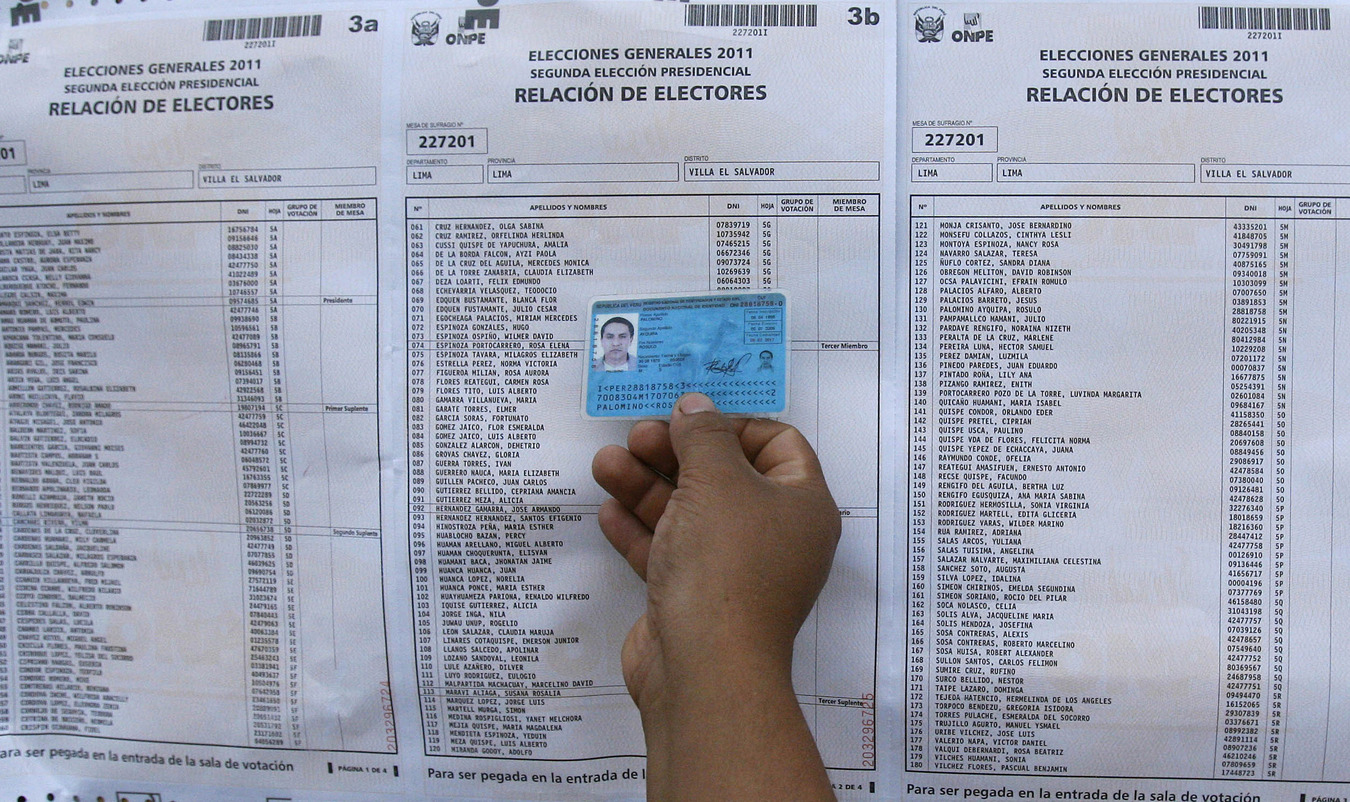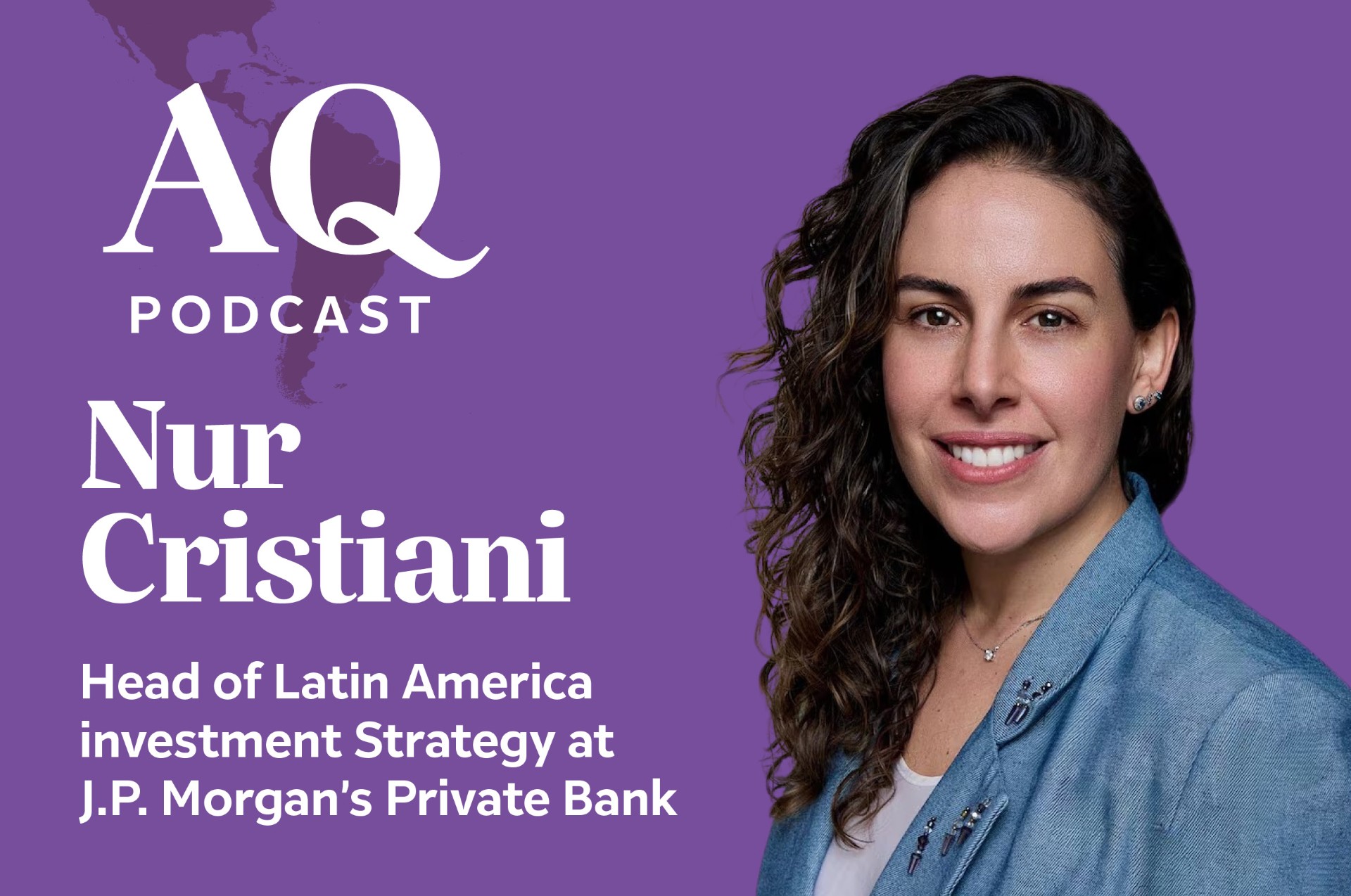Book Launch: Starting Over: Brazil since 1985 by Albert Fishlow
Book Launch: Starting Over: Brazil since 1985 by Albert Fishlow
In Starting Over: Brazil since 1985, author Albert Fishlow reflects on how the changes that Brazil has undergone over the last 20 years have transformed the country and will affect its future.
Speakers:
- Albert Fishlow, Author, Starting Over: Brazil Since 1985; Director, Institute of Latin American Studies and Center for the Study of Brazil at Columbia University
- Christopher Sabatini, Senior Director, Policy at Americas Society/Council of the Americas; Editor-in-Chief, Americas Quarterly
- Lisa Schineller, Director, Latin American Sovereign Ratings at Standard & Poor’s
- Paulo Vieira da Cunha, Principal, Emerging Markets at Tandem Global Partners
Summary
During a September 13 event at Americas Society/Council of the Americas, Columbia University Professor Albert Fishlow discussed his new book, Starting Over: Brazil Since 1985, which addresses the transformation, modernization, and evolution of Brazil’s economic and political change over the past quarter century. He explored both the advances Brazil has made in this timeframe and the obstacles that lie ahead.
Brazil in the 1980s and 1990s: Stepping onto the Global Stage
Standard & Poor’s Lisa Schineller began by previewing the economic and political change Brazil sustained in the 1980s and 1990s and asked how Fishlow foresees the role of local government and the deepening of federalism under the leadership of current President Dilma Rousseff. Upon assuming the presidency, Rousseff continued many of the domestic policies of former Presidents Luiz Inácio Lula da Silva and Henrique Cardoso. However, she has gained much admiration from Latin American officials and globally for her handling of Brazil’s fast-paced economy, expansion of Bolsa Família (a state program providing aid for the extreme poor), and empowerment of Brazil’s middle class.
Looking back to the 1980s, Brazil made a major advance in government policy when it passed the Constitution of 1988, said Fishlow. Much like the U.S. Constitution, it broadly empowered the federal government and established the framework for the relationship with the local and state governments, It allowed for the maturation of the judicial branch and the creation of regulatory independent bodies. With significant economic restructuring in 1993, Brazil created its own currency in 1994—the real—and grew rapidly.
Two major criteria for Brazil’s modernization and growing importance on the global stage were expanding the “C Class,” or middle class, and empowering the state, said Fishlow. Lula is to credit for boosting middle class growth, reducing poverty, and overseeing record foreign investments. Fishlow praised Lula for his success in implementing such important transformational programs and ideas, especially in creating the mindset of accepting a larger state and transforming finance in the public sector.
Economic Reform
While Brazil became the world’s eighth-largest economy under the Lula administration, Fishlow gave an overview of Brazil’s economic and political problems today and in the near future. Tandem Global Partners’ Paulo Vieira da Cunha reflected on Fishlow’s keen ability to “interpret” Brazil’s transformation and appraisal of Lula’s success in bringing 20 million Brazilians out of acute poverty. He noted that Lula allowed the C Class to grow and prosper, and also that Lula gave D and E classes greater opportunities to escape poverty, access education, and find work. Da Cunha inquired about the practicality of Brazil restructuring its economic and government policy by focusing on growth, inflation, and consumption rates. The C Class has grown by epic proportions, but “the rate of domestic consumption and corporate investment in Brazil still need enhancement,” said Fishlow. Currently, Brazil’s rate of investment stands at 18 percent of its GDP, whereas other comparably sized economies such as China, India, South Korea, and Chile stand at 45, 38, 30, and 24 percent respectively. Domestic consumption also yielded a major chokehold on Brazil’s emergence on the global economic stage. Fishlow stressed that Brazil cannot make it to the next phase in social development when domestic consumption grows so quickly, as this causes public expenditures to supersede the rate of GDP growth, which creates a larger deficit. Despite its primary surplus due to increased investment and the rise of the lower-middle class, Brazil nonetheless faces an overall fiscal deficit, which must be eliminated. Fishlow noted that, with an annual deficit at just over 3 percent of GDP, Brazil must grow at a steady 5 percent per year and show significant improvement in domestic and foreign savings in addition to social security reform.
Political Reform
Despite Lula’s high approval ratings towards the end of his presidency, Fishlow reminded us that we must not forget the overall deficit and the social demands of a growing middle class. Social problems such as the rising demands for health care, poverty-reduction programs, housing reform, education, better roads, social security, infrastructure, and inflation-rate issues stall crucial political reform, he said. “Technocratic reform will not work in Brazilian democracy,” he said, referring to Brazil’s evolving federalism. Fishlow noted that the new leadership needed in Brazil should not come from the federal government, but from the state and municipal levels as power is concentrated in the hands of mayors of important cities and state governors.
Fishlow concluded the presentation by making two important observations regarding Brazil’s economic and political transformation. First, he suggested that Brazil today should recapitalize as it did in the 1980s to manage the deficit and debt restructuring. Back then, the banks were in a position to do so. However, roughly 40 percent of Brazil’s financing comes from the Banco Nacional de Desenvolvimento Econômico e Social (BNDES)—Brazil’s development bank. Fishlow noted that private-sector financing remains a major worry for Brazil in terms to how it will complement the public sector, which accounts for a vast amount of financial structuring. In addition to the BNDES, the public sector jointly operates state oil firm Petrobras. Fishlow affirmed that companies like Petrobras will play an important role in this federal evolution because of its public sector ties. Secondly, he suggested that fiscal reform must be restructured. Buying U.S. bonds, holding them, and convincing potential investors that there are sufficient reserves is risky. Thus, Fishlow proposed that Brazil reduce its reserves, because it loses too much money through the simple act of holding them.
Brazil has indeed made massive improvements on the economic, social, and political fronts since 1985. However, Fishlow concluded by presenting the fiscal and political issues Brazil must face moving forward and proceed cautiously. After all, it is “not quite yet out of the woods.”








